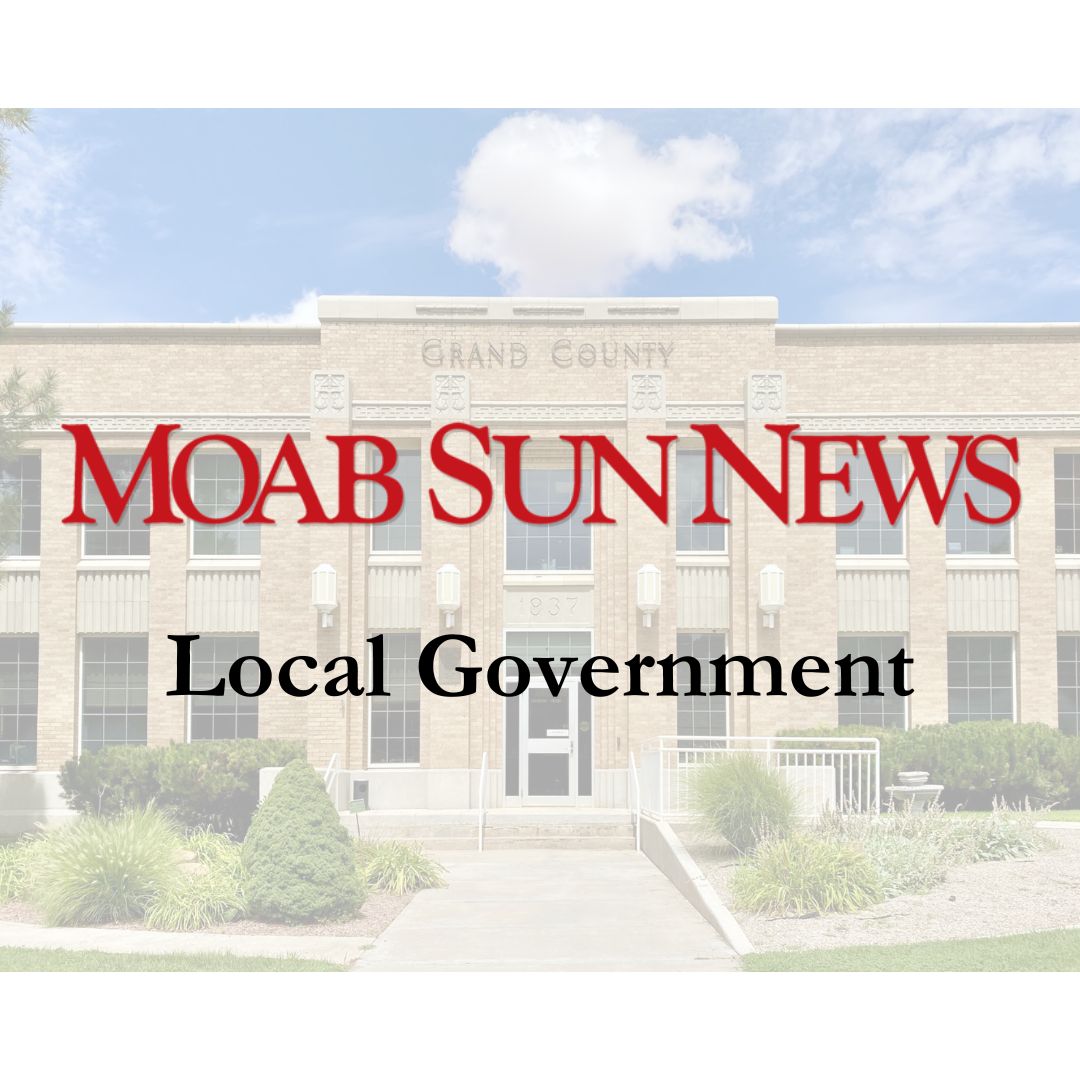The city recently hired a new lobbyist, Casey Hill, for this year’s state legislative session. During the Feb. 14 City Council meeting, Hill provided an update as to which bills he’s been watching over the past few weeks.
SB175: “Rural Transportation Infrastructure Fund,” sponsored by Sen. Derrin Owens. Hill said this bill, which would create a fund for highway projects in rural cities, towns, and counties, would benefit Grand County and the Moab area if passed; it’s been voted favorably by the Senate so far.
SB174: “Local Land Use and Development Revisions,” sponsored by Sen. Lincoln Fillmore. This bill “amends provisions related to local land use and development,” and defines what may be called an internal accessory dwelling unit. There’s concern among city staff that this bill could impact the city’s active employee housing ordinance, which requires that new developments set aside a percentage of their units to house members of the local workforce. The city fought months of litigation to pass the ordinance.
But so far, there’s little reason for alarm, Hill said—the bill doesn’t seem like it would impact Moab’s workforce housing efforts.
SB158: “Water Exactions Amendments,” sponsored by Sen. Michael McKell. This bill limits a municipality, county, county water authority, or local district’s ability to set water exaction rates; City Manager Carly Castle said the city is worried about this bill.
“If we were to try to require a developer to dedicate water to the city as a condition of development, or bring water to the city because we’re at capacity with our aquifer, what this would do is dictate what those amounts would be,” Castle said. “It would make those standards really low, much lower than what we think is important for resiliency.”
Even if the city did a study that showed exactly how much water a new development would require, the bill would override those numbers, Castle said. Hill said the bill is a “one size fits all approach,” and the purpose of it is to enact uniformity: state legislators are worried that municipalities are using the ability to create their own rules to over-reserve water.
This bill is “a challenge for us,” Hill said.
“I know we’re barreling towards … not having more water to give,” Castle said. “[In that case], any developer would have to bring more, and we would want to be able to require the water that we need to sustainably source our community,” Castle said. “So we oppose this.”
Moab isn’t the only municipality with concerns, Hill said, adding that he doesn’t think he’ll be able to do much to influence this bill. But the bill hasn’t had a vote yet, meaning there’s a possibility the legislature runs out of time to pass it.
“There comes a point where once you get late enough in the session, even good bills often die because of the clock,” Hill said. “So if there’s a bill that has some opposition to it, the process can become pretty significant just to get it through.”
HB61: “School Safety Requirements,” sponsored by Rep. Ryan Wilcox and Sen. Don Ipson on the floor. This bill would create a state security chief position within the Department of Public Safety, and also require all county sheriffs to “identify an individual within the sheriff’s office to coordinate between the county sheriff’s office, the state security chief, and certain police chiefs within the county.” Moab is worried about this bill because the county sheriff and city police department are already stretched thin.
“We’re opposed to the bill based on requirements and the cost burdens associated with it,” Hill said: he’s brought it up in meetings, and members of the legislature have tried to address those concerns, he said, but the bill is still concerning for Moab.
But it looks like the bill will definitely pass: it’s already passed the House, and is now in the Senate Judiciary Committee. It’s so far faced zero negative votes.
HB301: “Transportation Tax Amendments,” sponsored by Rep. Mike Schultz and Sen. Wayne Harper on the floor. This bill reduces the current gas tax from 16.5% to 14.2%, which amounts to a two-cent reduction overall; creates a corresponding tax on electric car charging stations in the state; and increases vehicle registration fees by $5.
The bill passed the House on Feb. 13 and is part of a package of tax cuts the legislature has discussed this year.
“There will definitely be a tax cut this year—income tax, for sure, potentially some piece of sales tax as well, and this gas tax looks to be like it’ll definitely be part of that for sure,” Hill said.
Moab is keeping an eye on this bill because it could impact the amount of transportation-related funds available to municipalities: despite the tax on electric vehicle charging stations, the state is expecting the cut in the gas tax would reduce tax revenue by $30 million.
“Just because the state has the ability to cut taxes and do good, it really has consequences that trickle down to small communities like ours, and big cities as well,” said Mayor Joette Langianese. “Something to think about if you’re talking to legislators: remind them that just because they have a big surplus doesn’t mean that we do. In fact, we don’t.”




